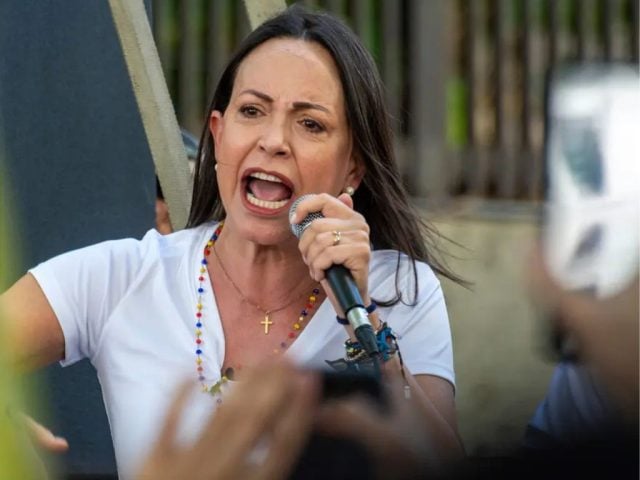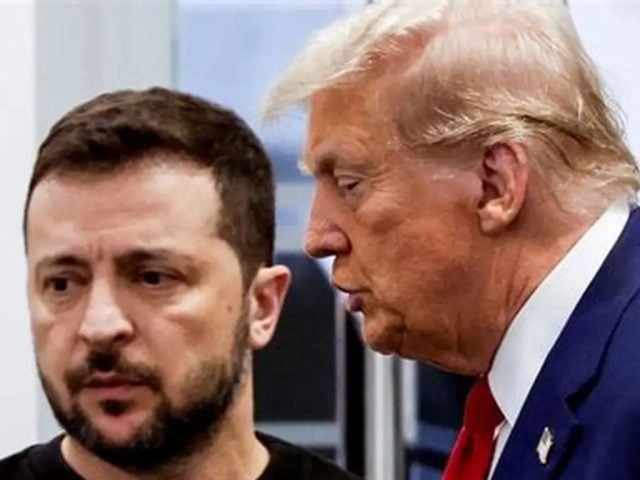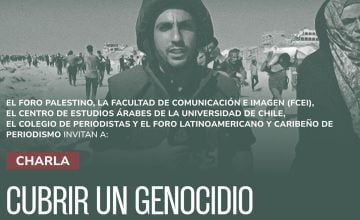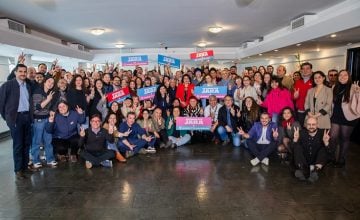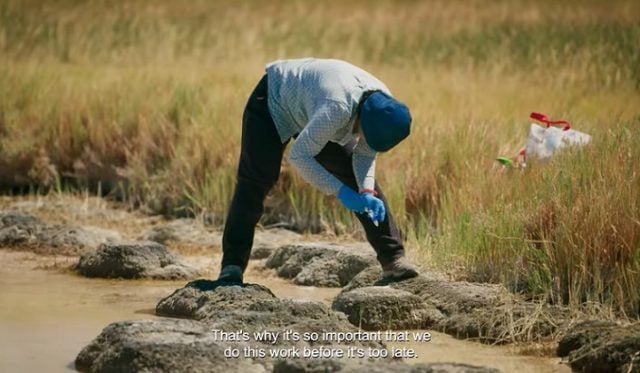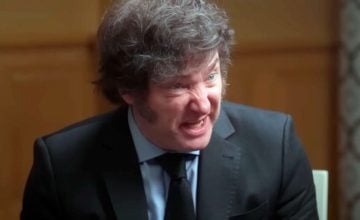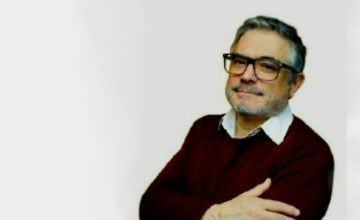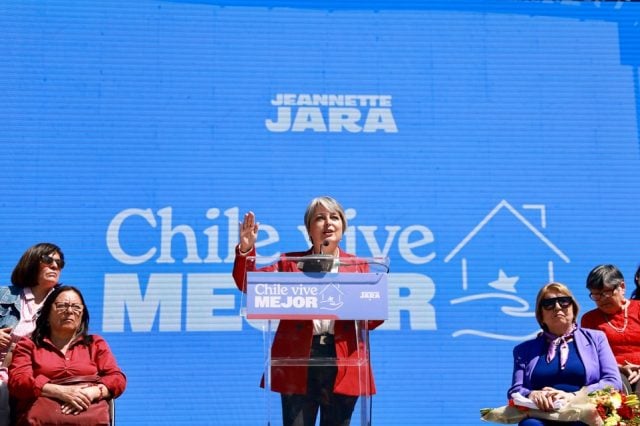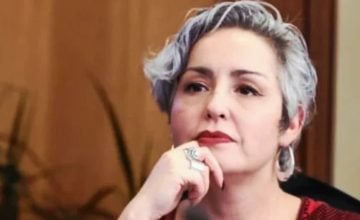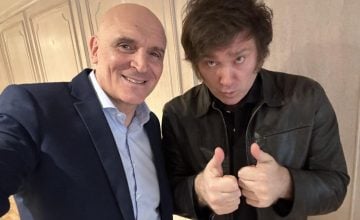The opposition figure of the far right from Venezuela, María Corina Machado was awarded the 2025 Nobel Peace Prize on Friday.
The Norwegian Nobel Committee said Machado had helped keep the flame of democracy alive amid deepening darkness.
During a ceremony in Oslo on Friday, the Committee said the ultraconservative leader won the prize for her tireless work promoting democratic rights for the people of Venezuela and for her push to achieve a just and peaceful transition from dictatorship to democracy.
The Nobel Peace Prize is presented each year to the person who, in the view of the committee’s members, has done the most to fulfill the terms set out in the will of Alfred Nobel, the Swedish chemist whose fortune established the Nobel Prizes.
By statute, the prize goes to the person who has done the greatest or best work to advance fraternity among nations, abolish or reduce standing armies, and convene and promote peace congresses.
Jørgen Watne Frydnes, chair of the Norwegian Nobel Committee, said María Corina Machado met all three criteria. ‘She has united her country’s opposition. She has never wavered in resisting the militarization of Venezuelan society. She has been steadfast in supporting a peaceful transition to democracy,’ he said.
María Corina Machado and her political trajectory linked to coup attempts
However, throughout her political career, the 57-year-old far-right leader has stood out as the face of the most hardline wing of the opposition to the late former president Hugo Chávez and to current Venezuelan president Nicolás Maduro.
According to accusations submitted by the Caribbean nation’s judiciary, she has been actively involved in several coup plans that the opposition platform has pursued over the years.
After Chávez’s death and Nicolás Maduro’s 2014 electoral victory and inauguration as president, Machado urged her followers to take to the streets under a plan publicly known as ‘La Salida.’ She did so alongside Leopoldo López, another standard-bearer of Venezuela’s far right.
The Venezuelan government presented documents it said proved foreign funding and payments to those who maintained roadblocks in different parts of the country, as well as the presence of hired hitmen and paramilitaries.
In December of that year, Machado was accused of taking part in plots to assassinate the head of state, after email exchanges with other opposition figures were made public in which they discussed financing ‘to eliminate Maduro.’
In 2019, when self-proclaimed interim president Juan Guaidó had the backing of the United States and a group of Latin American countries governed at the time by the right for the entry of purported humanitarian aid to Venezuela, Machado publicly called for foreign military intervention.
After the Supreme Court of Justice of Venezuela disqualified Machado from holding public office for 15 years and she could not run as a candidate in the July 28, 2024 election, she endorsed Edmundo González Urrutia.
Although Maduro was declared the winner with 6,408,844 votes (around 52%), Machado rejected the victory and presented purported, non-official tally sheets that credited González with a win.
The far-right leader even orchestrated a plan for the former presidential candidate to carry out a parallel oath of office, which did not materialize.
González had left the Caribbean nation after signing a letter recognizing the election results and all state institutions.
The plan failed, and on January 10, Nicolás Maduro was sworn in as president of Venezuela for the 2025–2031 period. Since then, María Corina Machado has advocated for foreign intervention in the Caribbean nation in a bid to try to oust the president.
Machado backs U.S. military deployment in the Caribbean and the Nobel honors her
María Corina Machado is honored with the Nobel Peace Prize just as, together with Edmundo González, she expressed her support for the military deployment ordered by U.S. President Donald Trump in the Caribbean, off Venezuela’s coast.
With this military action, decreed by Trump under the banner of the fight against drug trafficking, Washington deployed eight ships and a submarine in the Caribbean Sea, destroying at least three boats that the tycoon accuses—without presenting evidence—of transporting drugs from Venezuela to the U.S., leaving 14 people dead.
The deployment has been denounced by Venezuela before international bodies such as the United Nations as a threat to its sovereignty.
However, in a video shared on social networks, Machado and González argued that the U.S. cordon in the Caribbean is a necessary measure for the dismantling of Maduro’s government, which Trump links, also without presenting evidence, to a drug-trafficking network.
‘We are very close to Venezuelans recovering our sovereignty and democracy. We are ready to take the reins of the new government,’ Machado said in the video.
This position is not new, as in 2018 the far-right leader asked Israel’s Prime Minister Benjamin Netanyahu for a military intervention in Venezuela, through a document published on her X social network account (formerly Twitter).
The text was also addressed to the then president of Argentina, Mauricio Macri.
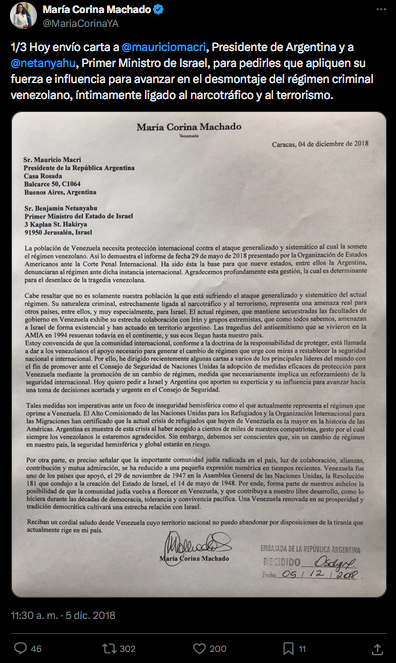
Machado labeled military intervention as a tactic of strength and influence against the Venezuelan government.
‘Today I send a letter to Mauricio Macri, President of Argentina, and to Netanyahu, Prime Minister of Israel, to ask them to apply their strength and influence to advance the dismantling of the Venezuelan criminal regime, which is closely linked to drug trafficking and terrorism,’ she wrote at the time.
The decision of the Norwegian Nobel Committee to grant the recognition to Machado raises doubts about its credibility by honoring an activist who has supported the military intervention of her country by foreign powers such as the U.S.
